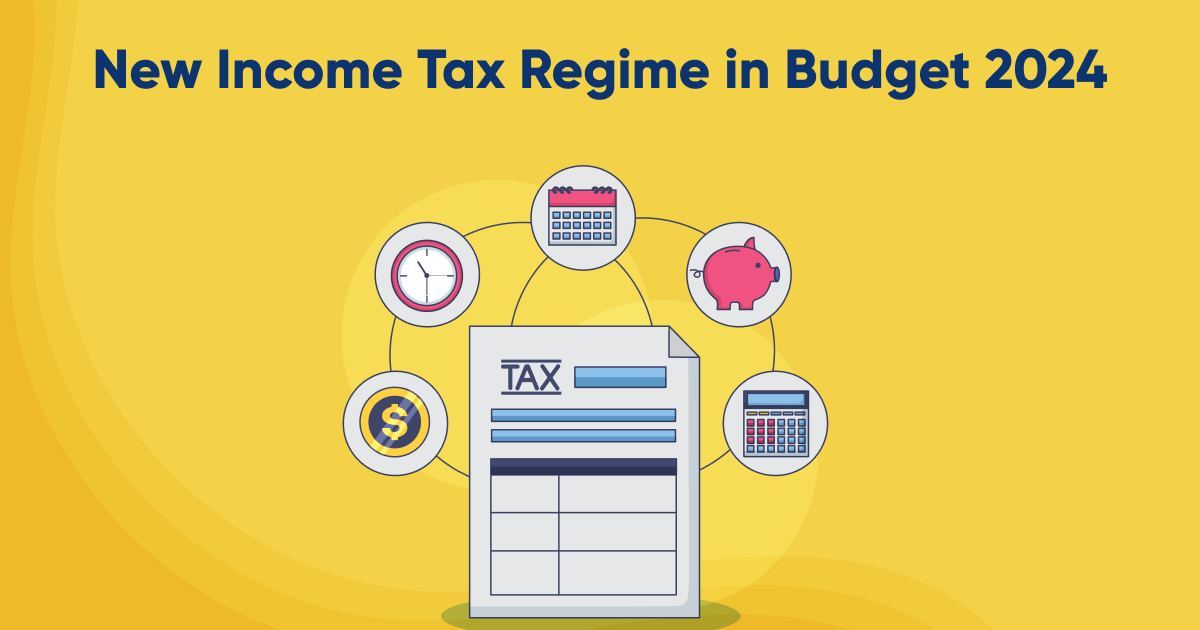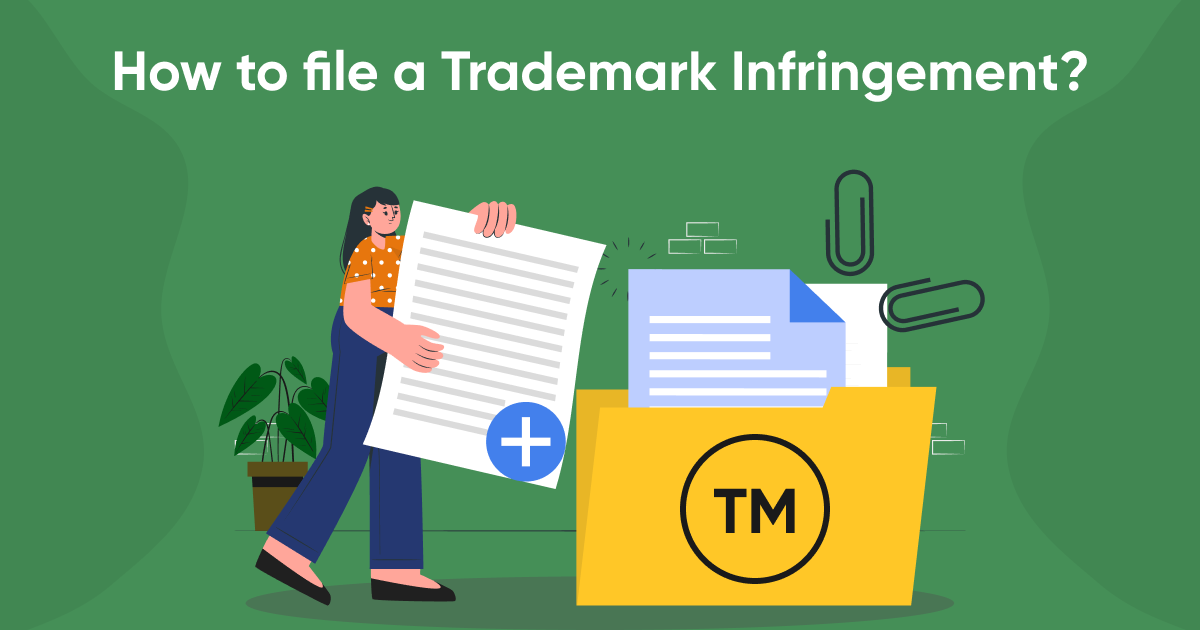The Union Budget 2024 has introduced significant changes to the income tax regime, particularly impacting the middle class. While the government has touted it as a major relief, let's dissect the details to understand if this is indeed a sweet deal for the average taxpayer.
Understanding the Two Tax Regimes
Before we delve into the changes, it's crucial to understand the two income tax regimes available to Indian taxpayers:
- Old Tax Regime: This regime offers a plethora of deductions and exemptions, allowing taxpayers to significantly reduce their taxable income. However, the tax slabs are relatively higher.
- New Tax Regime: Introduced a few years ago, this regime offers a simpler tax structure with lower tax rates. However, it comes with significantly fewer deductions and exemptions.
Budget 2024: A Boost for the New Regime
The Union Budget 2024 has made some key changes to the new tax regime, making it more attractive for a larger section of taxpayers:
- Increased Standard Deduction: The standard deduction has been hiked from Rs. 50,000 to Rs. 75,000. This is a direct benefit to all taxpayers opting for the new regime.
- Revised Tax Slabs: The tax slabs have been adjusted to provide some relief to taxpayers. While the exact changes need to be incorporated here, the general trend is a reduction in tax liability for most taxpayers.
Who Benefits the Most?
The changes are primarily targeted at the middle-income bracket. Individuals earning between Rs. 5 lakh to Rs. 15 lakh are likely to see the most significant benefits. However, the exact savings will vary based on several factors:
- Income Level: Higher income earners might still find the old regime more beneficial due to the availability of deductions.
- Deductions and Exemptions: Those with a substantial housing loan, investments in PPF, or other eligible deductions might prefer the old regime.
- Risk Appetite: Taxpayers comfortable with a simpler tax structure without the hassle of claiming deductions might prefer the new regime.
Making the Right Choice: New vs. Old Regime
Choosing the right tax regime is a personal decision that requires careful analysis. Here's a step-by-step approach:
- Calculate Tax Liability Under Both Regimes: Use tax calculators available online or consult a tax professional to estimate your tax liability under both regimes.
- Assess Deductions and Exemptions: Make a detailed list of all deductions and exemptions you can claim under the old regime.
- Consider Future Plans: If you plan to make significant investments or purchases that qualify for deductions in the future, the old regime might be more beneficial.
- Evaluate Complexity: If you find the old regime with its numerous deductions and exemptions overwhelming, the new regime's simplicity might appeal to you.
A Detailed Comparison Table
| Feature | Old Regime | New Regime | | ----------------------- | ---------------------------------------------------------------- | -------------------------------------------------------------- | | Tax Slabs | Complex with multiple slabs and rates | Simpler with fewer slabs and lower rates | | Deductions & Exemptions | Extensive, including investments, home loans, tuition fees, etc. | Limited to standard deduction and certain specified deductions | | Standard Deduction | Not applicable | Rs. 75,000 | | Surcharge and Cess | Applicable | Applicable | | Overall | Potentially higher savings with careful planning | Simpler, with potential for lower taxes |
Beyond Tax Savings: Other Considerations
While tax savings are a significant factor, other aspects should influence your decision:
- Investment Goals: If you have long-term investment goals like retirement planning, the old regime might offer better options.
- Financial Planning: The new regime might force you to rethink your financial planning strategy as some popular investment avenues might not be as attractive.
- Risk Tolerance: The old regime requires more paperwork and compliance, while the new regime is relatively hassle-free.
Expert Advice: When to Seek Professional Help
Tax laws can be complex, and making the wrong choice can lead to financial repercussions. If you're unsure about which regime to choose, consulting a tax professional is highly recommended. They can provide personalized advice based on your specific financial situation.
Conclusion
Budget 2024 has made significant strides in enhancing the appeal of the new income tax regime for the middle class. However, making the right choice requires a careful assessment of your individual financial circumstances. It’s important to recognize that there’s no universal solution in tax planning; strategies that benefit one person might not necessarily suit another.
Before deciding, review the critical factors we’ve discussed and consider consulting a tax professional. For more detailed insights and assistance tailored to your specific needs, explore our resources at Trademarkia. By doing so, you can make a well-informed decision that not only maximizes your tax benefits but also helps you achieve your financial objectives efficiently.
Frequently Asked Questions
What are the main differences between the old and new tax regimes?
The old tax regime offers higher tax rates but allows for a wide range of deductions and exemptions, which can significantly reduce taxable income. The new tax regime, on the other hand, has lower tax rates but fewer deductions and exemptions, with a focus on simplification.
How has the standard deduction changed in the new tax regime as per the Union Budget 2024?
The standard deduction in the new tax regime has been increased from Rs. 50,000 to Rs. 75,000, offering an immediate benefit to all taxpayers who opt for this regime.
Who will benefit the most from the revised tax slabs in the new regime?
Middle-income earners, particularly those with an annual income between Rs. 5 lakh and Rs. 15 lakh, are likely to see the most significant tax relief from the revised slabs in the new tax regime.
Should I switch to the new tax regime or stay with the old one?
This decision should be based on a detailed comparison of your tax liability under both regimes, considering any deductions you are eligible for under the old regime. Factors like future investment plans and the complexity of filing returns should also be considered.
What should I do if I'm unsure about which tax regime to choose?
It's advisable to use online tax calculators or consult a tax professional who can provide personalized advice based on your financial details and help you understand the implications of each regime for your specific situation.







